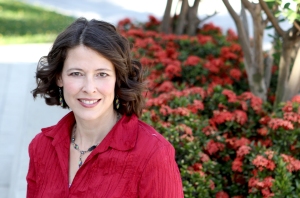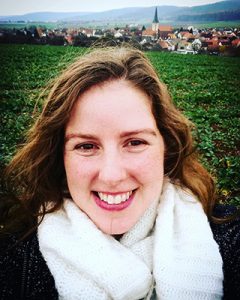
Laurel Symonds recently left her job as marketing manager at a small publishing house to become a literary agent at The Bent Agency. She’s seen the publishing industry from multiple angles and is now offering that expertise as an agent. She is open to submissions for YA, MG, chapter books and picture books (see her bio for more details).
Thank you, Laurel, for taking the time to answer some questions.
Your publishing career started in the editorial department of HarperCollins/Katherine Tegen Children’s Books. What led you into publishing in the first place?
I was a Creative Writing major at Hamilton College and, like many who major in similar fields, there came a time when I had no idea what I was going to do with my degree. Fortuitously, an alum (shout out to Caroline Abbey, now Senior Editor at Random House Children’s Books!) spoke on campus about her experience working in publishing. I went on to intern with her at Bloomsbury Children’s Books that summer and completely fell in love with the industry.
You also worked in marketing at Albert Whitman, you’ve worked in a library, and as a bookseller. You’ve seen a book through it’s many phases then—from acquisition through marketing, and into the end user’s hands. How will you apply all of that experience to your new role as an agent?
I feel this diversity of experience really sets me apart as an agent and has provided me with insight that allows me to be the best partner for my clients in all aspects of the publishing process.
What do writers need to understand about marketing/publishing before they become too invested in a manuscript?
Knowing as much about the industry—particularly as far as expectations go—can be incredibly helpful for the entire publishing process. At the early stages of a manuscript, though, the best thing to do is read, read, read. Find out what’s popular, what’s similar (and dissimilar) to your project, and be able to explain why your book has a place in the market. Continue reading


 Natascha is a former editor turned agent for
Natascha is a former editor turned agent for 




